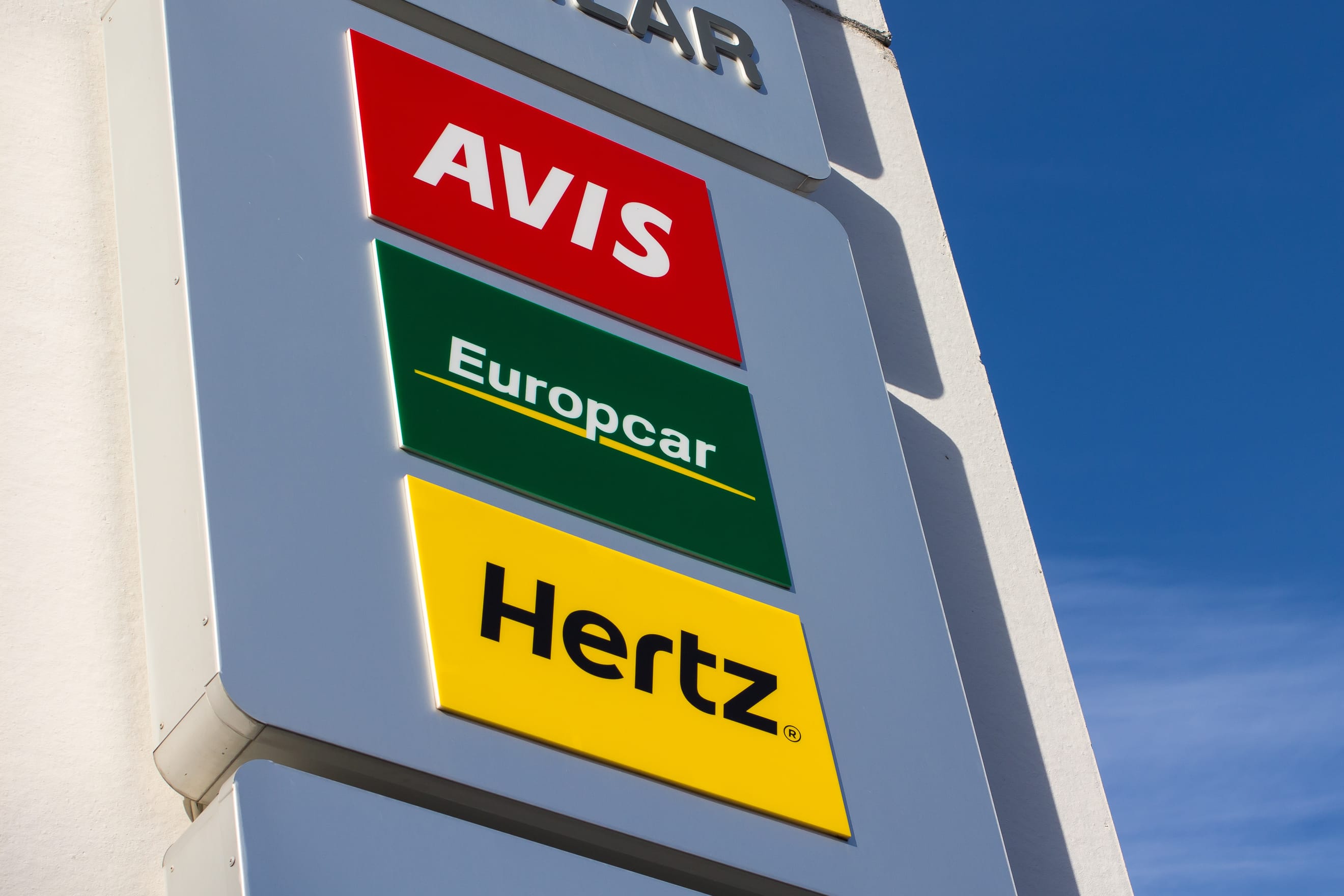
A subtle carbon tax for car rental?
Could consumers be pushed into greener choices using pricing? Is stealth taxation a good thing or not?
Avis group recently contacted customers announcing a change to one of their car rental groups. Group D, which is a four door, five passenger vehicle with luggage space for 3 bags, is going to become an electric-only vehicle group.
The default is do nothing - i.e. you want a car with that carrying capacity, you will get an electric car. However, if customers would prefer to rent a petrol or diesel vehicle with the same carrying capacity then Avis is requiring customers to change their profile to a group E or F car which carry a higher rental price.
In effect it is going to cost more to go for an ICE option than an electric. Yes I realise that the ICE options are in a higher group, but the utility is the same - I want a group D car, my options are the electric or a higher group ICE.
Is this a subtle carbon tax? And is this a good thing or not?
This is a What Caught Our Eye story - highlighting reports, research and commentary at the interface of finance and sustainability. Things we think you should be reading, and pointing out the less obvious implications. All from a finance perspective.
It's free to become a member ... just click on the link at the bottom of this blog or the subscribe button. Members get a summary of our weekly posts, including What Caught Our Eye and Sunday Brunch, delivered straight to your inbox. Never miss another blog post!
Taxing to change behaviour - good or bad?
We have discussed previously carbon taxes at the industrial and country level. For example, the EU's Carbon Border Adjustment Mechanism aims to ensure a level playing field in trade between the EU and other jurisdictions that take a laxer approach to pricing pollution into their products. We discussed it here:

Bottom line, if your products aren't 'clean' you can still sell them but you have to pay a penalty - effectively a tax which drives up the cost of your goods making them less/un-competitive.
There are also things at the micro or consumer level that can influence behaviour. Penalties, taxes, pricing, whatever you want to call them, the effect is intended to be the same. For example, the congestion charge in London is designed to reduce the number of cars travelling on the streets by making drivers pay to drive in certain areas. One could argue about the ethics - effectively saying 'you can do bad stuff if you can afford to pay' or for those that 'have to' drive in certain areas it simply drives up their costs (and potentially pass-through in to end consumer prices).
At the end of the day is the overall impact that which was intended? The London congestion charge turned 20 years old last February and during that period it has reduced congestion by 30% and boosted bus travel in central London by 33%.
The importance of implementation
As with any scheme designed to change behaviour, the key is in how it is implemented so as to avoid unintended consequences, unfairly treat segments of the population, or indeed not result in any change at all.
We have written before about 20 minute neighbourhoods also known as 15 minute cities.

The idea is to provide people in cities with basic services within a 15-20 minute walk or non-motorised ride from where they live.
An effect of providing this is that there will be fewer cars on the streets.
However, sometimes during implementation, cause and effect can get muddled. The starting point should not be to restrict cars from the streets. It should be to ensure the services are available to make the choice to walk/bike a better option than taking a car. That also means that for those unable to walk/ride, their journeys and access can improve greatly.

In the case of the Ultra Low Emissions Zone in London (ULEZ), this imposed a daily charge on vehicles not meeting emissions standards, broadly speaking applying to petrol cars and vans pre-2006 and diesel cars and vans pre-2015. The aim is to deter people driving such vehicles and even to trade them in to buy newer cleaner ones. Ultimately this should lead to overall cleaner air in road-adjacent areas. Who doesn't want better air quality where they live? That is not contentious.
However, there have been issues (even if we put disinformation aside). Firstly, given the likelihood that owners of such older vehicles may struggle to afford to buy new replacement ones, there is likely to be a heavier burden on poorer households. A scrappage scheme was introduced but whilst the most recent £210m scheme has removed 50,000 polluting vehicles from the roads since its launch it has not been all smooth:

Secondly if we are to drive (no pun intended) people out of their cars and into other relatively cleaner modes of transport, then that transport - e.g. public transport - has to exist. This could explain some of the opposition to ULEX in outer London boroughs where the bus and rail network, for example, is not as extensive as in central London.
There can be polarised views on behavioural change schemes such as these and the danger is that the merits of the high level aim get muddled with the implementation of it - a case of throwing the baby out with the bathwater.
Financial incentives or penalties can be an important way to change behaviour, but careful thought must be given to how they are implemented.

Please read: important legal stuff.



